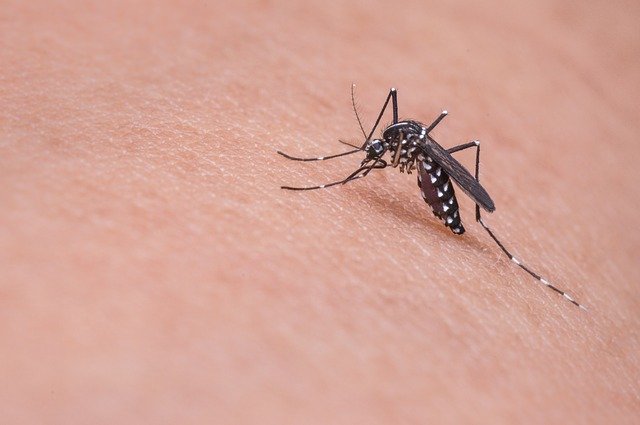Researchers recently studied the effects of a Zika vaccine in pregnant mice and their pups.
Approximately ten percent of all infants in the United States infected with the Zika virus are born with birth defects. The Zika virus is a mosquito-borne virus that was first detected in primates in the 1940s. The main birth defect associated with the Zika virus is microcephaly, a condition where the infant is born with a smaller than normal brain.
Researchers have developed vaccines against the Zika virus, but have not studied whether administering a Zika vaccine to the mother during pregnancy would protect the fetus, whether pregnancy would affect the way the mother’s body responds to the vaccine, and whether pregnancy would require higher levels of vaccine to protect the fetus.
To answer these questions, researchers from the University of Texas Medical Branch at Galveston performed a United States study on the Zika vaccine. Their results were published in Nature Communications.
The researchers studied the safety of the vaccine when mice were immunized early and midway through their pregnancies. When the mice were vaccinated early in their pregnancies, their pups did not show Zika infection. For those mice vaccinated midway through their pregnancy, the pups did not show Zika infection. However, the results did suggest that the vaccine needed sufficient time for the mice to develop antibodies that could be transferred to the pup.
Researchers also studied the behavior of pups of vaccinated mice. The pups from the Zika vaccine mice were unchanged from normal mice pups. Their body weight, body length, and other behaviors.
Additionally, the researchers found their vaccine was very safe with no adverse events during pregnancy. They found that pregnancy made the mice’s immune response weaker, meaning a higher dose of the vaccine or stronger vaccine may be needed during pregnancy.
Researchers note that development of Zika vaccine should continue in multiple platforms to ensure there are plenty of options for preventing the Zika virus. They also note that there are significant differences in the way humans transfer antibodies to their fetus during pregnancy when compared to mice.
Written by Rebecca K. Blankenship
References:
- Shan, C., Xie, X., Luo, H. et al. Maternal vaccination and protective immunity against Zika virus vertical transmission. Nat Commun 10, 5677 (2019) doi:10.1038/s41467-019-13589-1
- Data & Statistics on Zika and Pregnancy | CDC. Centers for Disease Control and Prevention. https://www.cdc.gov/pregnancy/zika/data/index.html. Published 2019. Accessed December 14, 2019.
Image by mika mamy from Pixabay



